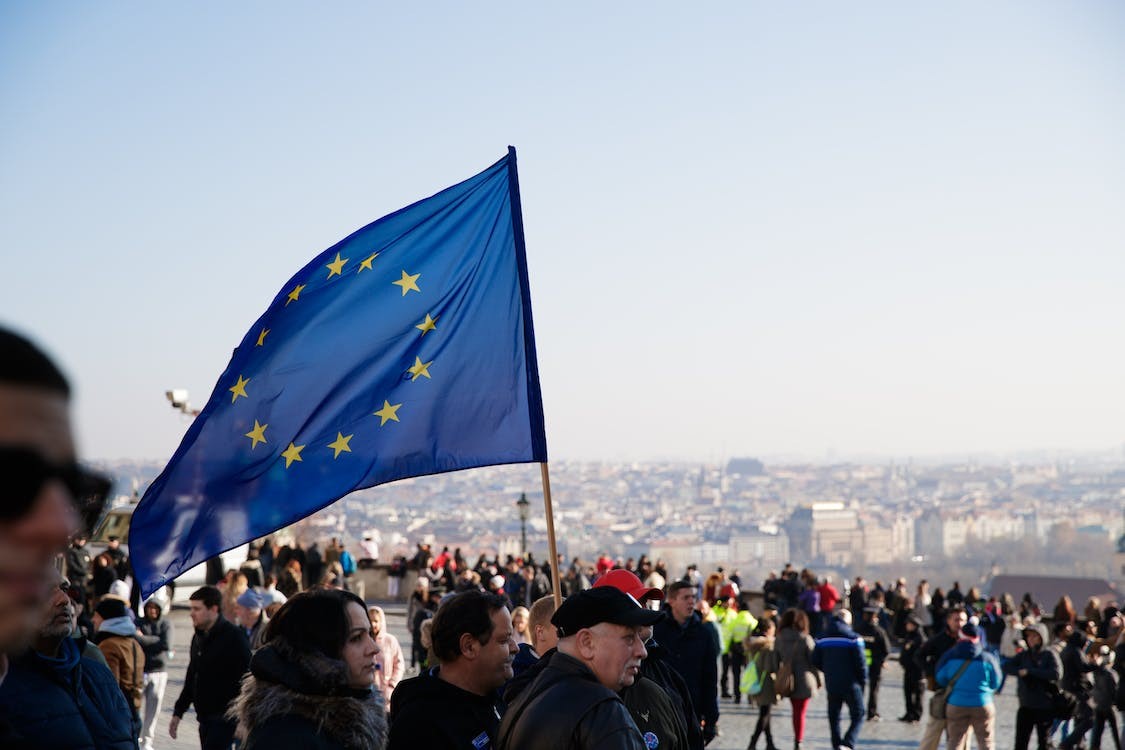Health Ministers from the EU’s 27 countries have agreed to step up efforts to protect people of all ages against vaccine-preventable diseases. This marks a significant shift towards ‘life-course immunisation’ and an unprecedented commitment to bring vaccines to people at all ages and stages of life.
While childhood vaccination programmes are well established across Europe, with generally high coverage rates, uptake of other vaccines is mixed. For example, HPV vaccines can protect against cervical cancer and are offered in early adolescence, but there are big differences across Europe in terms of uptake.
Pregnant women are a priority group for flu vaccines, but vaccination during pregnancy is low in many countries. Uptake of flu vaccines among older adults also varies. While few countries have ever reached the 75% target for influenza immunisation, some are in single digits, according to Eurostat data (for example, fewer than 5% of older people in Estonia had their flu vaccine in 2017).
Read: Under-vaccinated kids: Where are Europe’s ‘lost children’?
‘Vaccination is considered to be one of the most effective public health tools in the prevention of infectious diseases and the mitigation of their most damaging effects,’ according to new European Council Conclusions. ‘Vaccination is not only important for children, but also in a life-course perspective.’
The new agreement, led by the Czech Presidency of the European Council, highlights the positive impact of vaccination in eradicating smallpox and saving between 3.5 and 5 million deaths annually.
‘However, today, vaccination is a victim of its own success,’ Health Ministers agreed. This is attributed to a mix of complacency (where citizens underestimate the dangers of measles, diphtheria or pertussis), access issues (where people face financial or practical barriers to vaccination) and low confidence (or a lack of trust in vaccines, vaccination or vaccinators).
Read: New study: Most Europeans trust vaccines
To tackle this, ministers agreed to tap into a broad range of expertise, including public health, digital health, communication and social media experts to counter misinformation and disinformation. They urge an ‘evidence-based and more strategic approach to vaccine communications’ and have asked the European Commission to set up an expert forum on Vaccine Hesitancy.
Ministers also ask the ECDC to provide countries, upon request, with tailor-made recommendations and guidelines on how to tackle vaccine hesitancy. In addition, governments and the Commission are invited to develop training opportunities in communications and social media training for health professionals and health communication experts to support them in countering false information.
Governments are also explicitly asked to ‘promote adult vaccination campaigns’, maintain childhood vaccination (including catch-up campaigns for those not yet protected), and to step up work on digital vaccination records.

The final agreement marks the end of several months of political discussion coordinated by the Czech Republic which had made vaccination a priority issue. ‘Vaccines work. They prevent countless cases of illness and save millions of lives every year,’ said Vlastimil Válek, Czech deputy prime minister and minister of health. ‘When EU countries work more together – to boost public confidence or speed up vaccine development – citizens and public health systems will be better off.
Daphné Holt, Chair of the Coalition for Life-Course Immunisation (CLCI) said the Conclusions are a positive step in the right direction. ‘We are pleased to see life-course immunisation reaching the highest level of EU policy making,’ she said. ‘The task now is to translate this into policy at national and regional level. In the past Council Conclusions have been a catalyst for change, but we have also seen occasions where aspiration was not matched with action. This time, we must work together to protect people of all ages.’
The Active Citizenship Network (ACN), which hosted a webinar on adult immunisation ahead of the meeting of Health Ministers, also welcomed the Conclusions. ‘We thank the Czech Presidency for its commitment on the topic,’ said Mariano Votta, ACN Director.
‘In particular, we have constantly encouraged them to focus on adult immunisation since the day after they took office, and we’ll do the same during the upcoming Swedish Presidency initiatives focused on the issue of healthy ageing. Adult vaccination policies are, of course, closely related to healthy ageing.’



